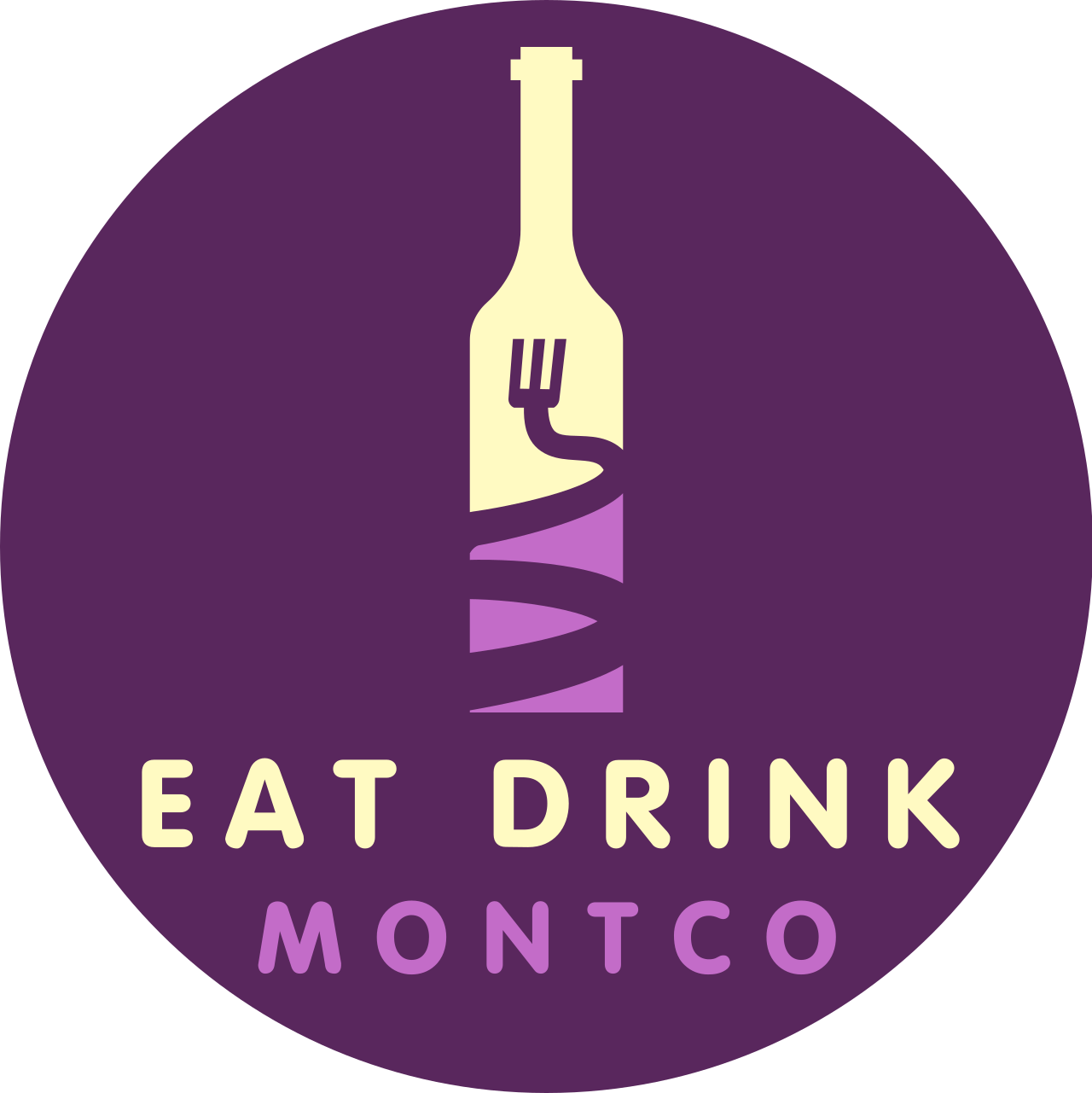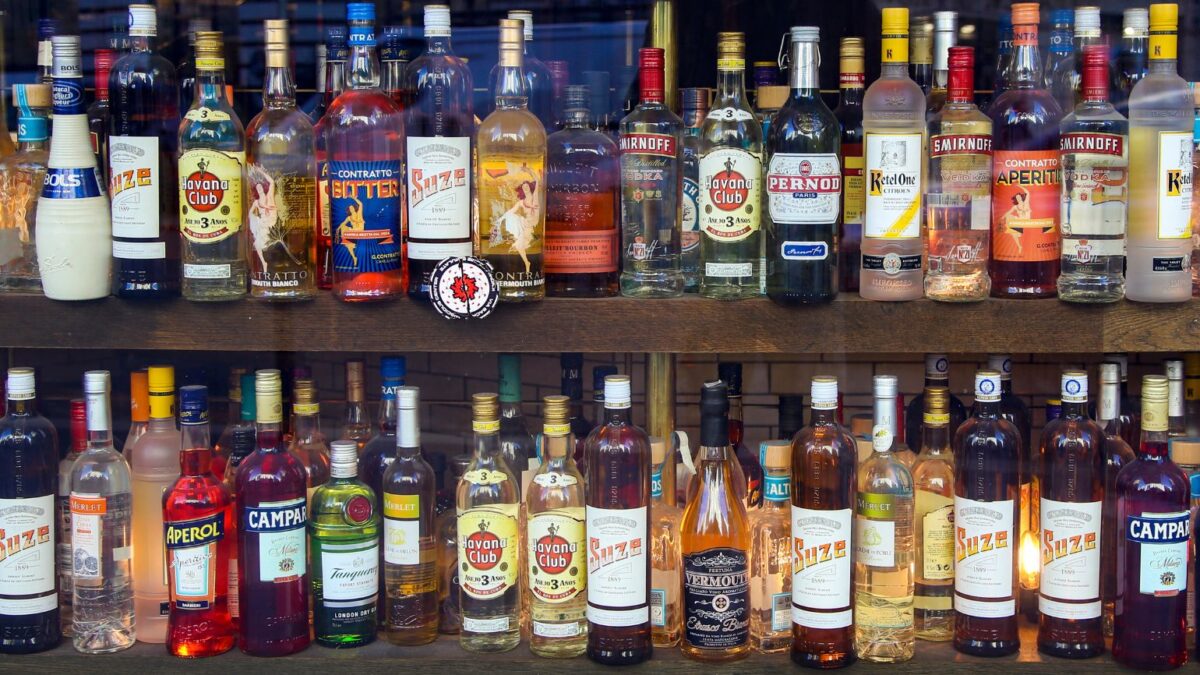A coalition of organizations representing the liquor and wine industry is concerned that a vote by the Pennsylvania Liquor Control Board to impose a new fee on wine and spirits will lead to higher prices at state stores, restaurants, bars, taverns, and grocery stores across Pennsylvania. There are also concerns about the timing of the vote.
The Pennsylvania Wine and Spirits Association, the Distilled Spirits Council of the United States, the American Distilled Spirits Alliance, and the Wine Institute issued a press release that shared their strong opposition to the board’s vote to approve this new bailment warehousing fee which took place on Wednesday, July 16th, just two days after the proposal was first made public.
“As representatives of the world’s wine and spirits producers, we strongly opposed this new fee that will undoubtedly increase prices for Pennsylvania consumers,” the coalition said. “Further, this fee was imposed with barely any notice and no opportunity for producers to discuss its consequences, ask questions or propose alternatives. Now is not the time to impose new fees on wine and spirits in Pennsylvania. PLCB’s business partners and the public deserve a transparent accounting of agency operations before facing new fees that will raise consumer prices on alcohol.”
The new $1 per case bailment fee created by the PLCB applies to all spirits and wine sold through state stores starting in 2026. The coalition’s economic analysis found that this will cost alcohol producers between $15 and $17 million. According to the coalition, the fee is assessed by shipping package, meaning a four-pack of ready-to-drink cocktails will be subject to the same fee as a 12-bottle case of wine and spirits.
“There has never been a more challenging time to make and sell spirits and wine,” said the coalition. “Competition from hemp and cannabis is fierce, tariffs have increased the price of imported alcohol and sharply reduced revenue from U.S. exports, and global alcohol consumption is down. This new fee is yet another hit to the cost of doing business in Pennsylvania.”
From the press release:
At PLCB, price increases on alcohol are being driven by the escalating cost of running the agency, not rising costs of spirits and wines. Net profits at PLCB are down by nearly $70 million, and liquor tax collections are down by an estimated $2 million through the first 10 months of this fiscal year (April 2025), according to the PLCB’s latest unaudited financial statements.
“To lessen the burden on Pennsylvania consumers and our members doing business there, the PLCB should start by more closely examining expenses before imposing a new fee,” the coalition said. “For example, over the last two years alone, the PLCB spent more than $180 million on a technology system that continues to be riddled with inefficiencies. Instead of addressing current shortfalls, the PLCB created this new fee on distilleries and wineries, and, ultimately, on Pennsylvania consumers.”
In an article in The Philadelphia Inquirer, a spokesperson for the Pennsylvania Liquor Control Board stated, “Given the current economic climate, the PLCB is no longer able to continue absorbing these operational costs as it has for the last 13 years. The $1 per case fee is intended to help offset the operational costs involved with warehousing services provided to bailment suppliers.”

